We know that educators need and deserve professional learning that helps them improve their practice. As I described in last month’s blog, there is a growing consensus around some of the characteristics that define high-quality professional learning. However, questions remain about the optimal amount — frequency and duration — of professional learning needed to change teacher practice. Educators obviously need to attend some professional learning for it to influence instruction, but how much? Words like “significant,” “intensive,” and “ongoing” often appear on lists describing the features of effective professional learning 1. However, new research suggests we may need to reevaluate some of our long-held assumptions on this topic 2. Spoiler alert: quality matters.
Educators’ time is a finite and valuable resource, so they must have the opportunity to spend it on activities that are most likely to improve their teaching and their students’ learning. Teachers in the U.S. spend 5–10% of their time participating in professional learning activities 3. If it turns out that some of that time could be better spent elsewhere — say, building relationships with parents — we owe it to teachers to free up that time. Conversely, if teachers need more professional learning to improve their practice, district and school leaders should provide it to them.
Some studies suggest that the duration of professional learning must be significant in order to allow teachers time to learn, practice, and internalize new skills. For example, one study found that teachers who received 80 or more hours of science professional learning — an average of more than two hours per school week — were much more likely to alter their practice as a result 4. An often-cited 2007 meta-analysis found that teachers who participated in less than 14 hours of professional learning saw no statistically significant impact on student achievement 5.
However, new reviews of professional learning research reveal that this focus on time may be misplaced. They suggest that the quality of professional learning is more important than the number of hours educators spend with “cheeks in seats.” In fact, some reviews found that longer programs had negative results 6. Even Anders Ericsson, whose well-known research suggests that it takes upwards of 10,000 hours of deliberate and intensive practice to master a complex new skill, has had to set the record straight. Yes, the amount of practice matters, but the quality of the practice — often determined by the quality of the facilitator — matters too 7.

It makes sense that 10 hours of high-quality professional learning would do more to improve teacher instruction and student outcomes than 100 hours of ineffective professional learning. In light of this, Rivet Education does not include “time” as an overarching characteristic of high-quality professional learning in our framework. We do, however, acknowledge that people tend to move through four discernable stages when implementing a new program — including new high-quality instructional materials (HQIM) — and need a continuum of support to successfully navigate these stages 8. The types of HQIM-aligned professional learning Rivet evaluates in our Professional Learning Partner Guide (PLPG) — adoption, launch, ongoing for teachers, and systems support and leadership design — mirror these stages of implementation. This means that school and school system leaders can be confident that organizations featured in the PLPG can provide support tailored to their specific needs.
As you develop your professional learning calendars for the 2022–2023 school year, we encourage you to use Rivet’s framework to focus on quality rather than time. Before asking yourself, “Do we have the right number of PD days scheduled?, ask yourself, “Does our plan reflect the characteristics of high-quality PL? Are we leveraging the structures at our disposal — workshops, collaborative planning time, coaching, and consultation — to provide our teachers and leaders with the support they want and need? Have we considered the types of professional learning that our teachers and leaders need given their stage of implementation?”
Rivet Education knows what high-quality professional learning looks like and is a trusted partner to state and local education agencies across the country. Here are ways that we can support you in creating a high-quality professional learning plan for the 2022-2023 school year .
- Contact us for a free professional learning diagnostic.
- Visit the PLPG to identify an organization that can support your educators through your current and future stages of HQIM implementation.
- Join our July PL Power Hour as we sit down with Shawn Hayes, Director of Teacher Development for Jefferson Parish School District in Louisiana to discuss how he creates high-quality professional learning plans each year to support teachers’ skillful use of their HQIM.
Have questions? Email us at info@rvieteducation.org.




